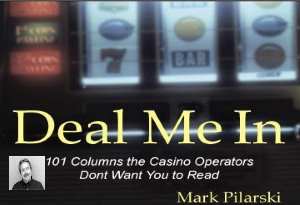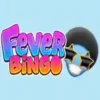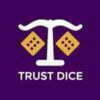How did keno originate its name? Wasn’t it originally an oriental game brought to Nevada by the Chinese? George O.
You know your gaming history well, George.
Developed in China about 1000 BC to finance the Great Wall, keno’s original name was the Chinese lottery.
At the turn of the century Chinese immigrants introduced the game to America. Since it originally came to Nevada with the Chinese lottery, and lotteries were illegal, the name was changed to racehorse keno using famous racehorse names along with numbers. But, the federal government passed a law taxing off-track betting, so the casino changed the name again to just keno in 1951.
What is the record for the most times a number has come up consecutively on a roulette game? I once saw it appear four times in a row at the Nugget in Reno. Could that be a record? Carla F.
Not a chance, Carla. A British dealer in Western England astonished bettors by hitting the same number on a roulette table seven times in a row. The previous record was set in Puerto Rico in 1959 when the ball landed in the same slot six consecutive times.
So, what are the odds of seven times in a row happening? One hundred billion to one.
If a certain number in craps continues to show up, do you recommend playing that number again? Joe P.
The tools of gambling have no memory. Random tosses are just those, random tosses. The dice do not know what the last number was, nor what the next number will be.
So, Joe, when objects like dice produce a haphazard event every time they quit bouncing around, it is better to stick to the smart wagers on a crap game instead.
In a past column, you used the words “preferential shuffle” as to a dealer’s action on a blackjack game. Is this a form of card counting? Dan H.
Yes, Dan. In preferential shuffling the dealer cases the deck and counts the deck down (card counting), making himself aware of the ratio of high cards to low cards remaining in the deck. If many high cards have been previously pitched, the deck is rich in small cards, creating an apparent disadvantage for the player. The rogue dealer will keep dealing from that deck, forcing the player to play against a “10-poor” deck and denying him any chance of hitting a lucky streak. On the other hand, if many small cards have surfaced, allowing a positive expectation for the player, the dealer would “preferentially” shuffle up, giving him control over what would have been a favorable situation for the player.
So, should preferential shuffling be a concern for the average player? Nay, says this writer. Only a minuscule number of dealers would expend the effort necessary to annul a player’s slim advantage.
Gambling thought of the week: “After getting bounced from Harrah’s, I’m so concerned about getting kicked out that my game has become more conservative than Rush Limbaugh.” -Barry Meadow, Blackjack Autumn




















